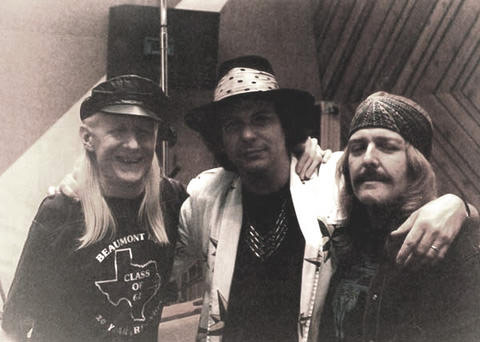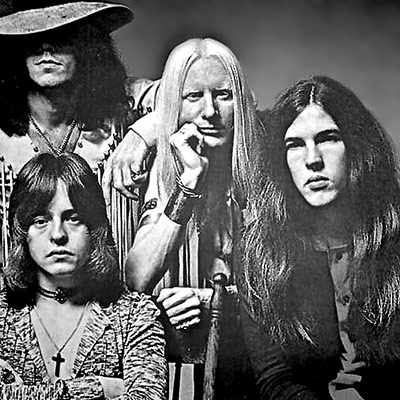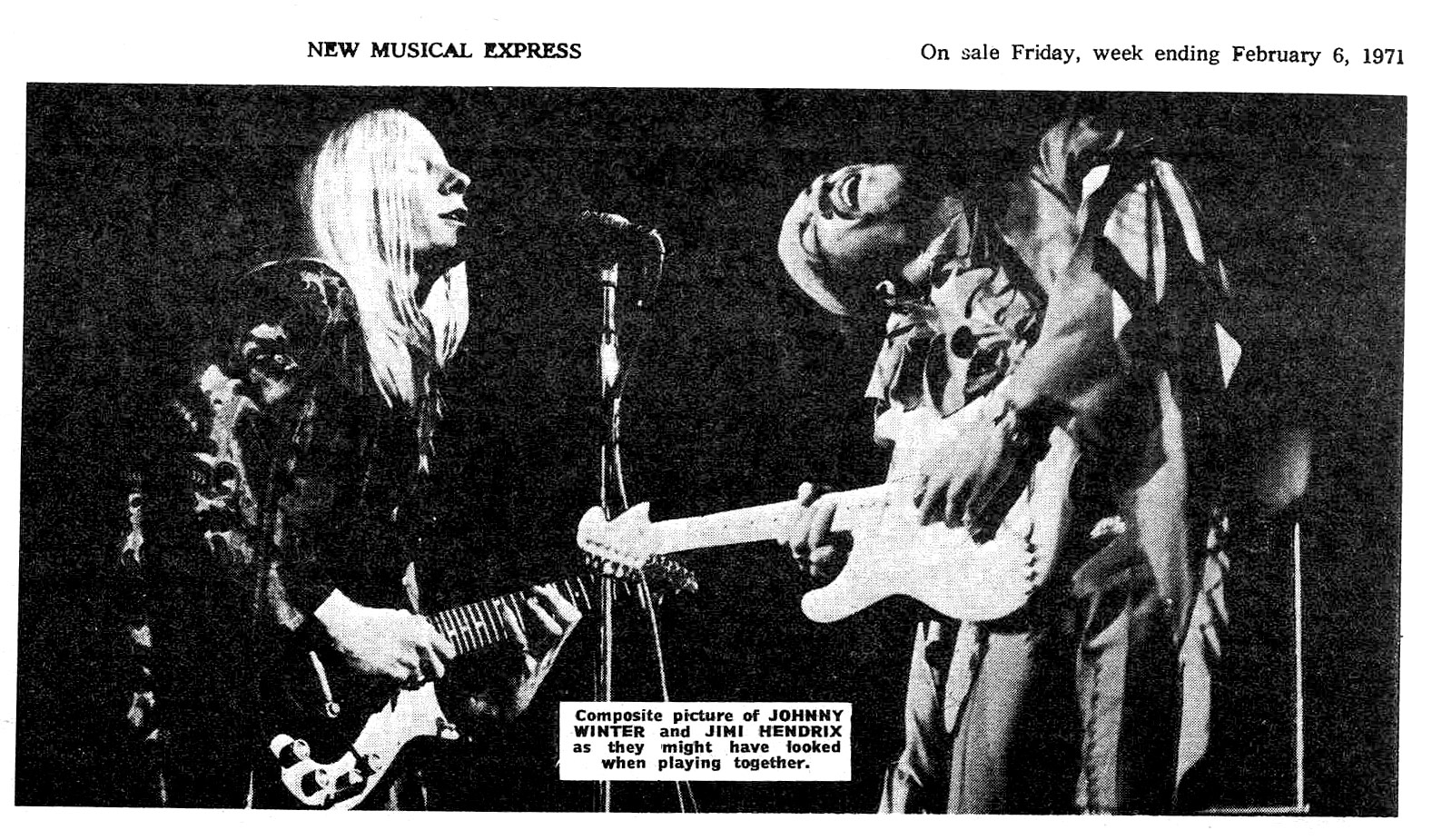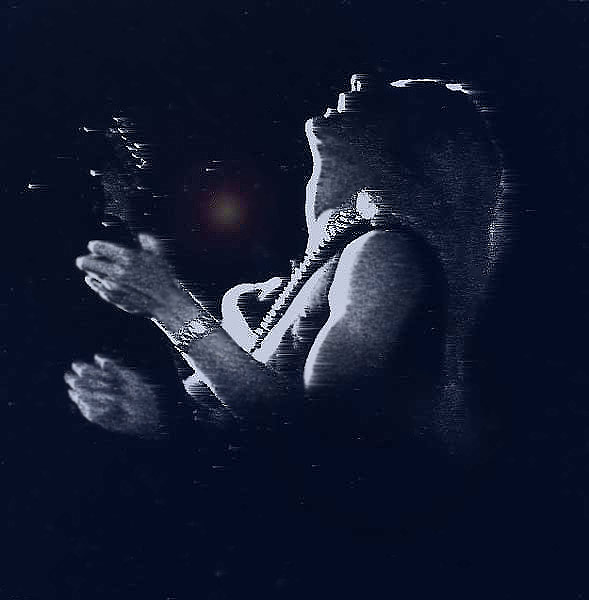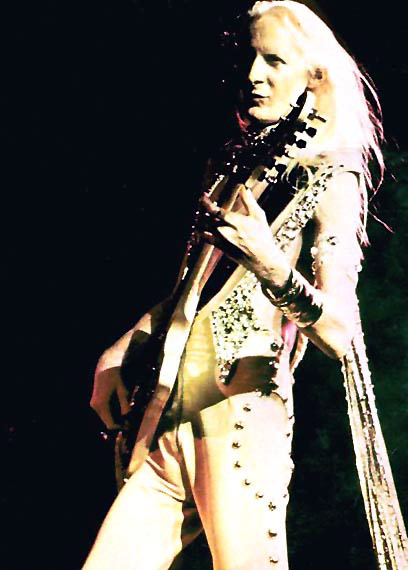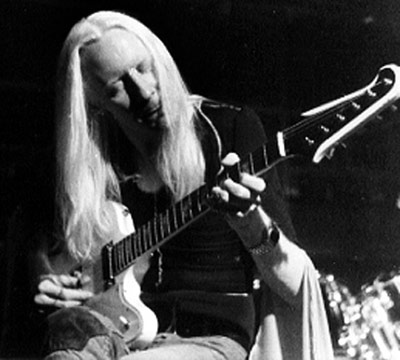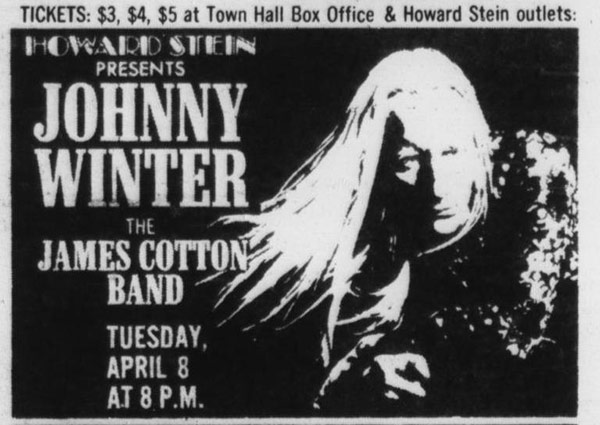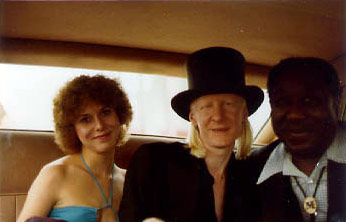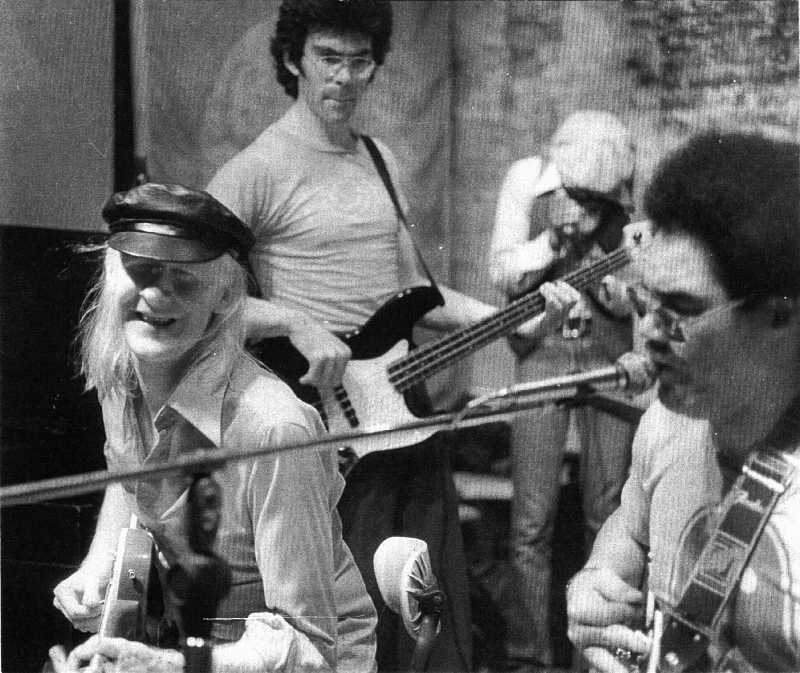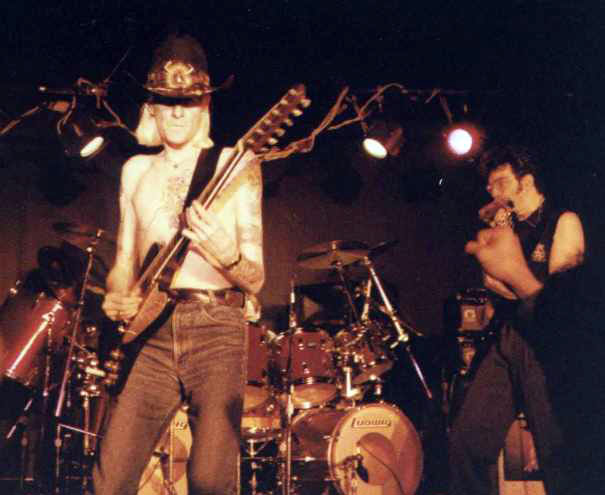Sonobeat Records: Pioneers of Austin’s Music Revolution
The History of Sonobeat Records during the 1960s
Synopsis: First published in 1975 or 1976, this article chronicles the rise and impact of Sonobeat Records, a small but pioneering record label based in Austin, Texas. During the mid-1960s, the Austin music scene began to take off, with KAZZ-FM, a progressive radio station, playing a central role. Managed by Bill Josey and his son, Bill II (known as DJ Rim Kelly), KAZZ-FM broadcast live performances and supported rising local talent, including legendary acts like Townes Van Zandt, Janis Joplin, and the 13th Floor Elevators.
The Joseys decided to create Sonobeat Records, becoming one of the first labels to focus on local Austin musicians. They began by recording live performances, using their broadcasting experience to capture the vibrant energy of the local scene. Their first release, featuring the band Babycakes, was a modest start, but Sonobeat soon became known for its experimental and diverse catalogue, featuring psychedelic rock, country, blues, and jazz.
Over the years, Sonobeat helped launch the careers of several artists, most notably Johnny Winter, whose Sonobeat recordings sparked national attention and led to a contract with Columbia Records. Winter’s blend of hard-driving blues and rock epitomized the unique sound of the Austin music scene. Other notable releases included work by Plymouth Rock, Mariani, and Wali and the Afro-Caravan, showcasing Sonobeat’s eclectic musical range.
Despite its small scale, Sonobeat had a lasting influence on the Austin music scene, helping to shape the city’s reputation as a hub for live music and creative expression. After Bill Josey’s death in 1976, Sonobeat gradually faded from the scene, but its legacy endures in the classic records and groundbreaking artists it helped bring to the world.
Read The Full Article: Pioneers of Austin’s Music Revolution
